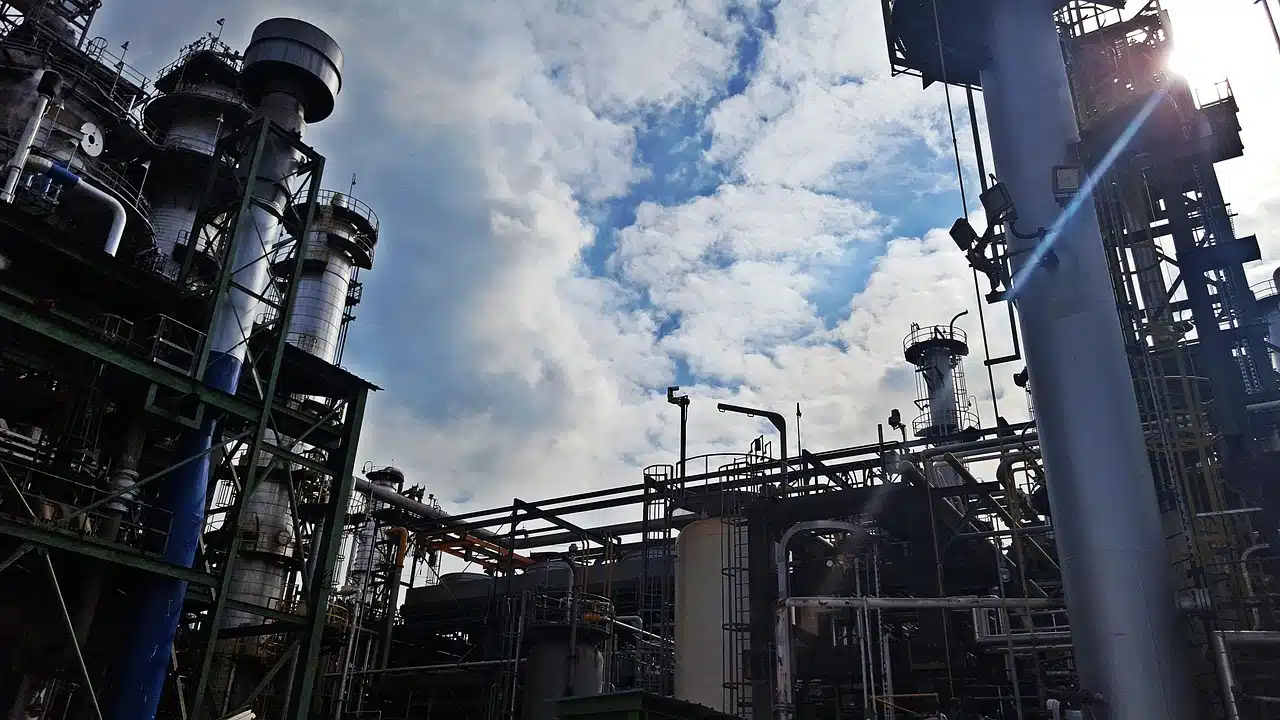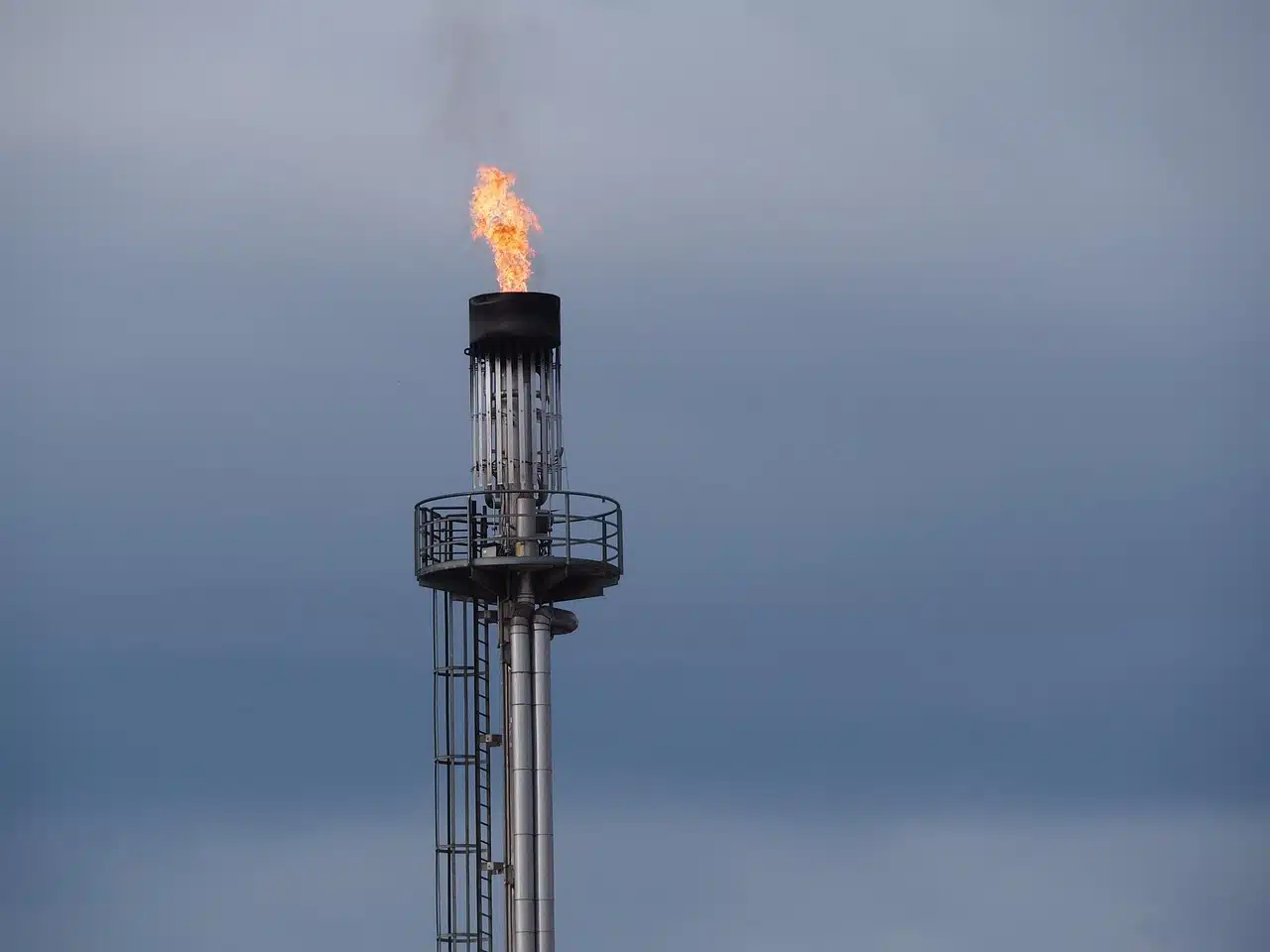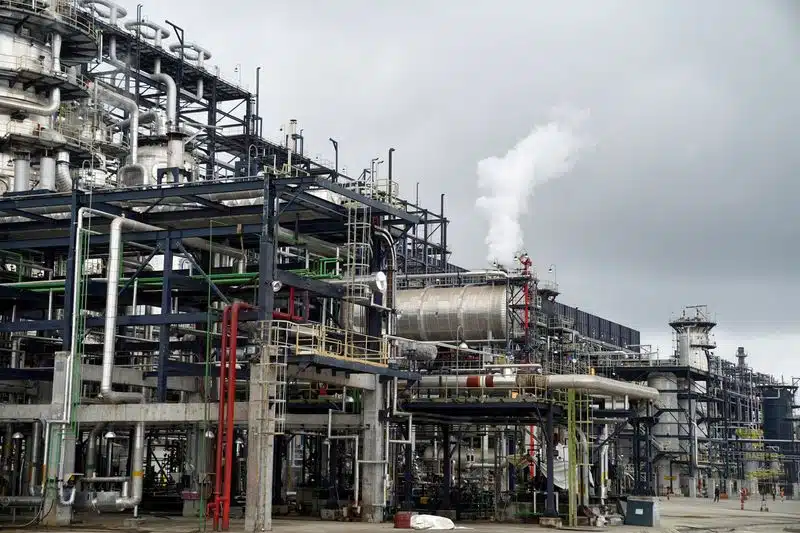The Sudanese government has directed oil companies operating in South Sudan to immediately halt the export of crude oil through Sudanese pipelines, citing intensified drone attacks by the Rapid Support Forces (RSF) on critical energy infrastructure.
In a letter dated May 10, 2025, Mohhieddien Naiem Mohamed Saied, Undersecretary of Sudan’s Ministry of Energy and Petroleum, informed Deng Lual Wol, his counterpart in South Sudan’s Ministry of Petroleum, of the decision.
The instruction stated that recent drone strikes have caused “grave losses in both national economies and foreign investments.”
The letter detailed a drone attack on May 9 targeting PETCO’s pump station number 5 in Al-Hudi, resulting in significant damage and posing a “very high” risk to export operations.
Also, a diesel depot operated by the Bashayer Pipeline Company (BAPCO) in White Nile State was struck on May 8.
Sudan’s Ministry of Energy and Petroleum stated that the escalating assaults by the RSF and its backers against critical oil facilities have compelled the government to temporarily halt crude oil exports.
The ministry emphasized that the safety of personnel and the integrity of infrastructure are paramount, necessitating this urgent measure.
The suspension also affects the Khartoum Refinery Company (KRC), a joint venture between Sudan’s Ministry of Energy & Mining and the China National Petroleum Corporation (CNPC).
The refinery has been non-operational since July 2023 due to the civil war.
In January 2025, the facility was engulfed in flames following clashes between the Sudanese Armed Forces (SAF) and the RSF, with both sides trading blame for the incident.
This development comes just days after South Sudan resumed oil exports through Sudan, following nearly a year of force majeure.
The African Export-Import Bank (Afreximbank) had projected that the resumption would help South Sudan’s economy grow by 17% in 2025, a prospect now threatened by the current situation.
The Sudanese government has urged international partners and stakeholders to support efforts to end the ongoing conflict that endangers vital energy assets.
For over seventeen months, Sudan has endured deferred production and the costs associated with restarting oil fields and transportation systems, according to its energy ministry.
The suspension of oil exports is expected to have significant economic implications for both Sudan and South Sudan, which rely heavily on oil revenues.










